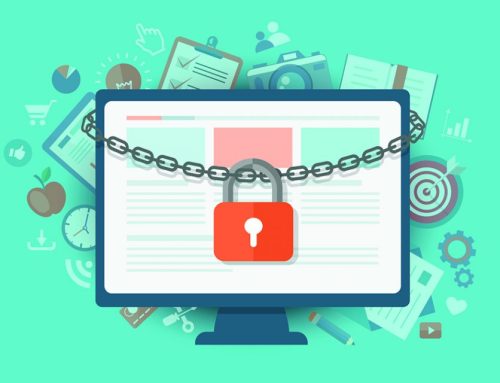Here are five cybersecurity tips for business travelers that are also great tips for anyone planning a holiday abroad.
1. Lock Devices Down
Most smartphones, laptops, and tablets come equipped with security settings that will enable you to lock the device using a PIN number or fingerprint ID. Do this on every available device. While traveling, change the PIN numbers you regularly use.
In the event that any of your devices have been momentarily misplaced or forgotten, this will be the first line of defense against a security breach.
2. Be Cautious of Public Wi-Fi
The laws and regulations that govern cybersecurity in other countries are typically not going to be the same as those found in Australia. Free Wi-Fi access can be very appealing for business or leisure travelers but is also particularly vulnerable to security issues. Avoid unencrypted Wi-Fi networks; ask your hotel about its security protocol before connecting to the Web. Be extra cautious using Internet cafes and free Wi-Fi hotspots; if you must use them, avoid accessing personal accounts or sensitive data while connected to that network. Disable Auto-Connect on your device to ensure that your smartphone and laptop must be manually connected each time you wish to access the Web.
3. Minimize Location Sharing
It’s very common for travelers to update social networking sites as they move about new counties or cities. The problem with this type of excessive sharing is that it creates a security threat at home. By signaling your every location, you make it easy for a criminal to determine that you’re not in your hotel room or at your home, leaving your personal belongings within these areas vulnerable to a physical intrusion. Limit the information you post online about your specific whereabouts to limit these threats to your personal property.
4. Update Operating Systems
Just like your anti-virus software, you should keep your operating system as current as possible. This also goes for apps on your phone; take special care to update apps that you regularly use to conduct financial or personal business. In addition, make sure that you regularly update your Anti-Virus software as new versions become available.
5. Update Passwords
If you plan on traveling, change all of the passwords you regularly use. Similarly, if you must create a PIN for a safe or security box in a hotel room, make sure it’s unique and not something you commonly use. Don’t skimp on password creation either—a numerical sequence is not ideal. Take the time to create something that will keep a criminal out of your personal property. Once you return home, you can change all the passwords back.
By remaining vigilant during your business travels, you can greatly reduce your risk of suffering a cyber threat. Learn more about Teba’s secure Workspace solutions and how we’re building for the future.









